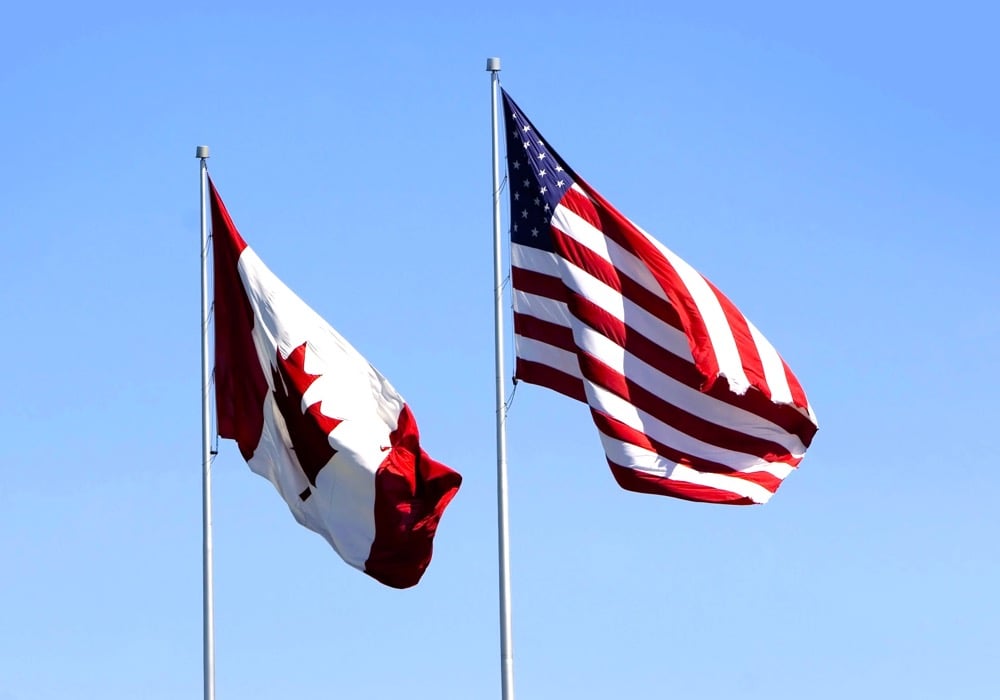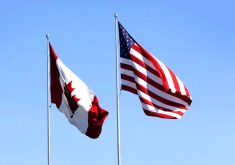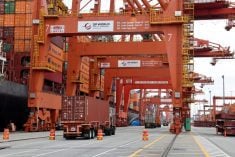Canadian prices for hemp likely won’t change very much in 2019, according to Clarence Shwaluk of Fresh Hemp Foods in Winnipeg, Man. Even the passage of the United States 2018 Farm Bill, which legalized hemp in that country, shouldn’t have much of an impact on prices.
The new Farm Bill has yet to be signed by U.S. President Donald Trump, but that is expected to occur before the end of this month.
Shwaluk said hemp is bought and sold by direct contracts. Currently, conventionally-grown hemp has been selling in the mid-50 cent per pound range and organically-grown hemp has been around C$1.30 per pound.
Read Also

Canadian trade data delayed by U.S. government shutdown
Canadian international trade data for September will be delayed indefinitely due to the ongoing partial shutdown of the United States government, Statistics Canada said Friday, Oct. 24.
“There’s not a whole lot of price discovery going on throughout the year. There might be the odd load that gets bought that might vary a little from the price, but for the most part when we go out to the market, it’s a consistent price. There’s not a whole lot of fluctuation,” he explained, adding increased U.S. production may keep a lid on how far prices can go up in Canada.
Shwaluk stressed the need for any producer to sign a contract before growing hemp.
“Hemp in the big scheme of things is a relatively small crop in terms of the number of acres. There’s not a real effective price discovery model like you would have with commonly traded crops,” he said.
Under the previous U.S. Farm Bill, passed in 2014, each of the 50 states had the authority to permit hemp crops for experimental and research purposes Shawluk said. With the excitement over legalization of hemp he expects U.S. production to increase dramatically in the coming years.
Another good thing Shwaluk saw in the new U.S. Farm Bill will be hemp getting more public attention as a food product, which would help the industry in general, including Canada’s.
“We could get more food companies and retail distributors looking at hemp as a serious food option,” he stated.
Along with food products, hemp is used for a number of other products including medicinal, personal care and building materials, according to Health Canada. Unlike cannabis, which contains Tetrahydrocannabino (THC), hemp has only a trace amount of the drug and cannot produce a high.
Of Canada’s 41,200 acres of hemp seeded in 2018, almost 90 per cent was planted on the Prairies, according to Statistics Canada. The bulk of the remainder was grown in Ontario and New Brunswick.














